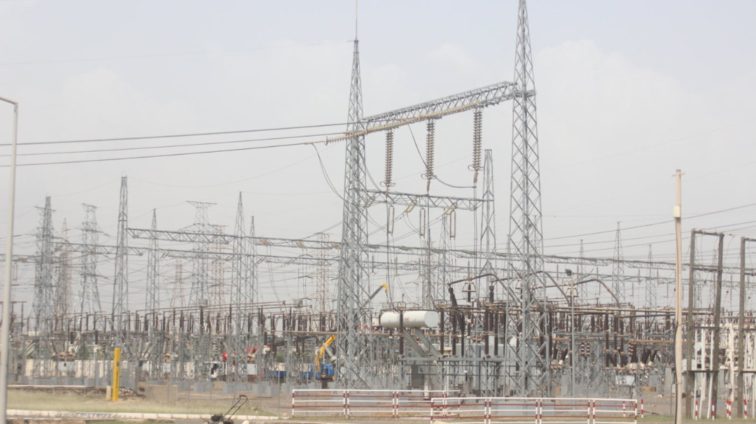World Bank (WB) Country Director to Ghana, Pierre Frank Laporte, says Ghana’s energy sector debt is a major contributor to her debt woes.
In an interview monitored by GNA, the country director indicated that his outfit had identified certain factors that were driving the country’s debt situations.
According to Mr Laporte, one of the factors the bank has identified is the energy sector.
He said the deficiencies in the sector characterised by the tariff systems and management issues coupled with expensive power purchases by the state in addition to the transmission losses, were the major problems in the energy sector driving Ghana’s debts.
He said the mismatch between the production cost of the Independent Power Producers (IPPs) vis-à-vis how much consumers paid led to an upsurge of debts since the Government could not make financial commitments to them (IPPs).
Mr Laporte also said the Power Purchasing Agreements (PPAs) the Government had signed were expensive. In addition to the exorbitant power purchases the country was paying for energy it does not use due to the ‘’take or pay contracts.’’
‘’In the case of Ghana, those contracts that have been signed as PPAs are just expensive and the kind of PPAs signed are take or pay. You pay although you do not use it. The fact is that in the past few years, Ghana entered into an agreement at the wrong rate and the wrong price, and it has impacted the debts situation.’’
He asked the Government to pursue some reforms in the areas of tariff adjustments, addressing the transmission losses through improved infrastructure and restructuring the power purchasing agreements consistent with the energy demands of the country to reduce a significant portion of the debts.
The WB Country Director acknowledged the progress made thus far via the recent increment and subsequent approval in tariff by the Public Utility Regulatory Commission (PURC), saying much could be achieved if the intended reforms in the energy sector were implemented.
He subsequently advised the Government to take advantage of the West African Power Poll, to provide cheap electricity for its people and industry.
According to the Fitch Ranks, the energy sector is the biggest driver of the national debt as the West African Country currently owes independent power producers to the tune of $1.58 billion.
Fitch Ranks also says the country had initially reached out to the IPPs to restructure their debts in view of the External and Domestic Debt Restructuring but the companies objected to the proposal.
Latest Stories
-
Samson’s Take: Arrogance of Power, Shameful Policing
5 hours -
Burnley score late to draw with Manchester United at Old Trafford
8 hours -
Bayer Leverkusen extend unbeaten run to 46 games after draw with Stuttgart
8 hours -
Chelsea come from two goals down to draw against Aston Villa
8 hours -
Andre Ayew scores in Le Havre’s 3-3 draw with PSG
8 hours -
GPL 2023/24: Kotoko draw with Medeama; Samartex go 7 points clear of Nations FC
8 hours -
Mahama cuts sod for construction of new multipurpose Jakpa palace in Damongo
8 hours -
NSS management assists Papao fire victims
9 hours -
EXPLAINER: Will dumsor end soon?
9 hours -
IMANI Africa takes on EC, accuses it of lying and publishing half truths
10 hours -
Manasseh Azure calls for investigation and prosecution of those responsible for GRA/SML contract
11 hours -
Kwesi Atuahene: Ghana’s health capital depends on HealthTech – Africa Center for Digital Transformation
11 hours -
13 signs your wife is planning on leaving you and you have no idea
11 hours -
IMANI Africa: Ghana’s EC’s dangerous and pathological conduct
11 hours -
If I speak there will be fire – Salah on Klopp row
12 hours

